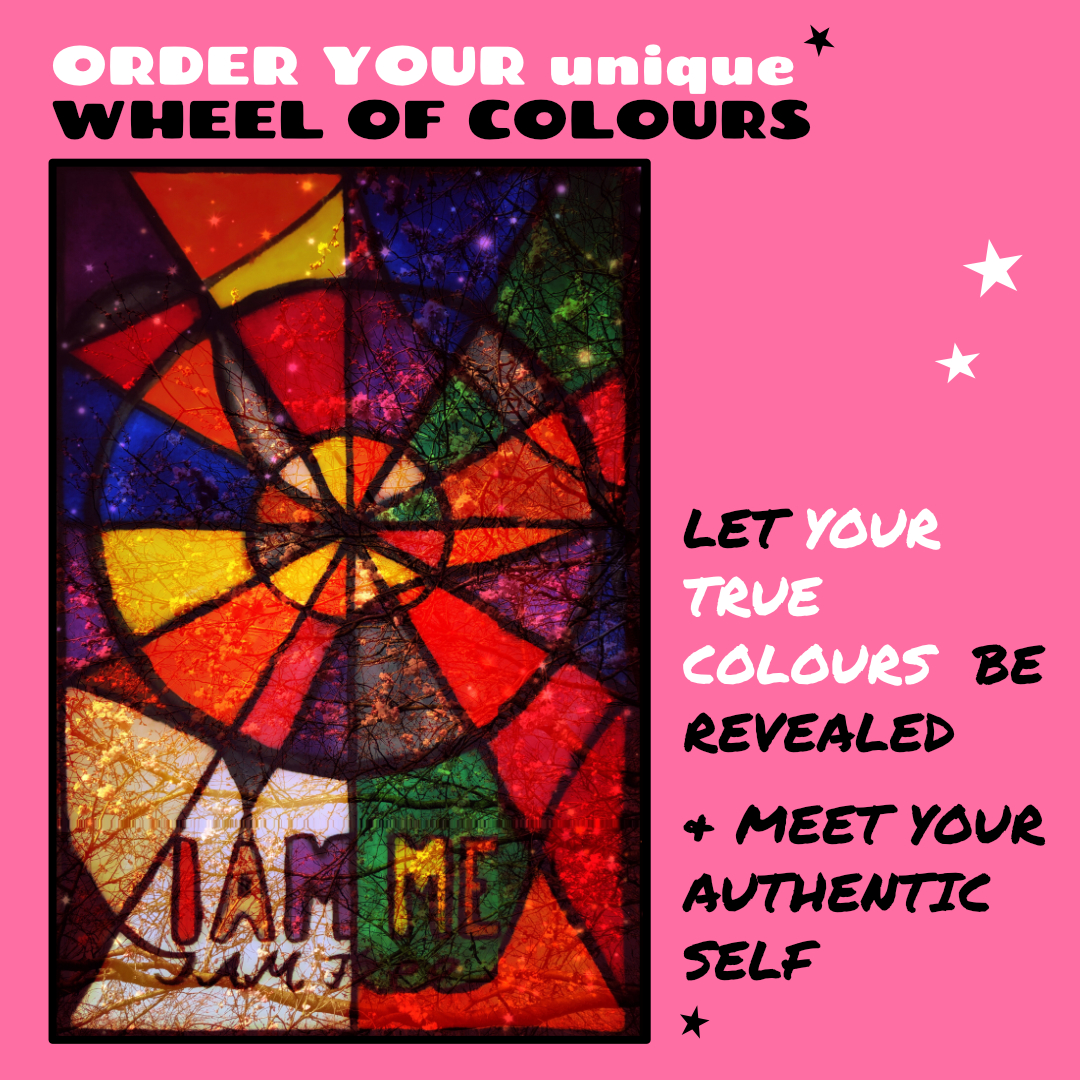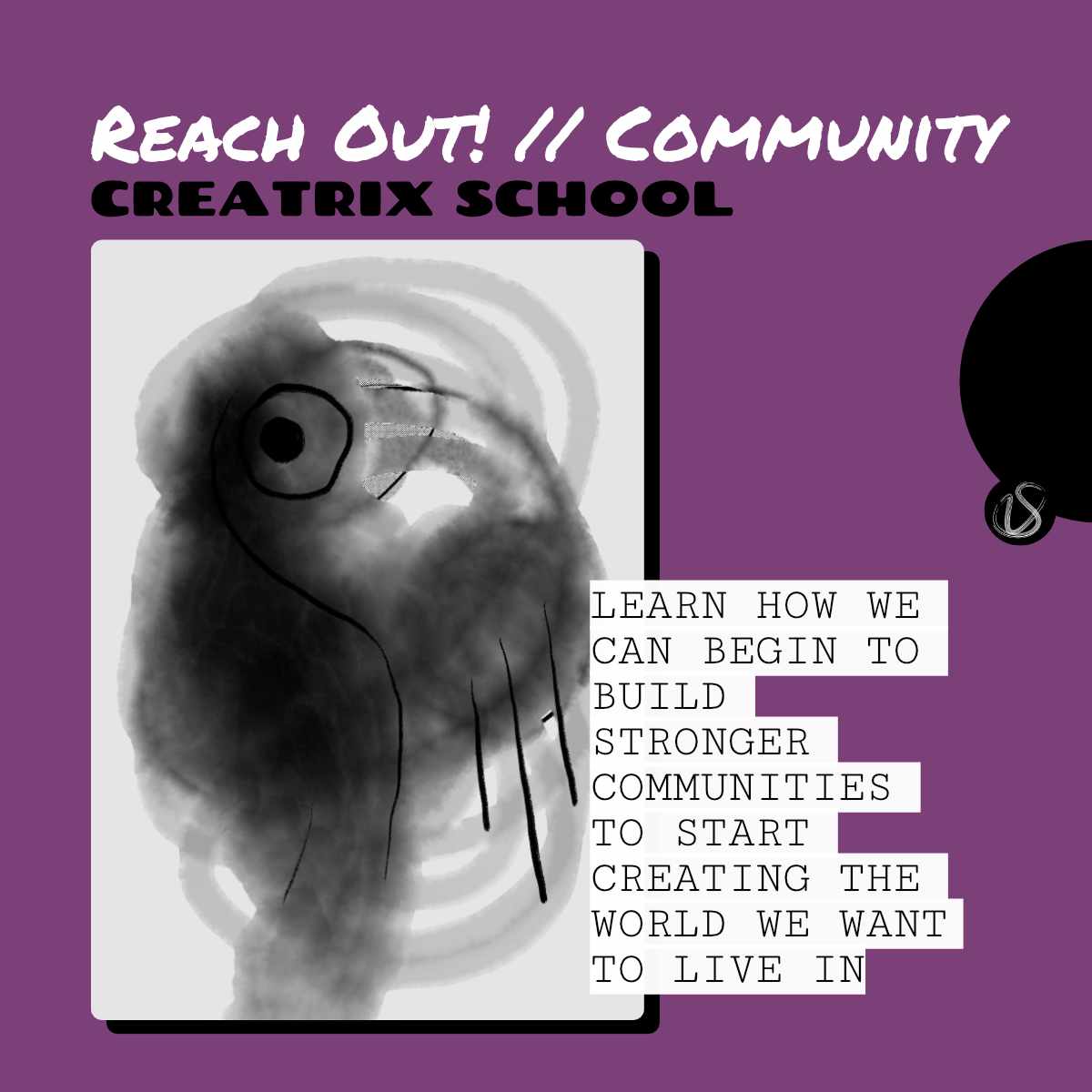My First contact with Pablo Picasso’s work
I think in the 80s, it was quite impossible to grow up without knowing Pablo Picasso.
I did not have a lot of access to art or discussions about art, but what I did have were calendars or postcard books by artists, with their drawings and paintings and quotes or explanations.
I remember spending a lot of time reading about the artists and studying their work. A lot of it didn’t make sense to me, but in hindsight, it’s quite interesting how I always felt uneasy with men drawing bodies of naked women.
There was always this feeling of intrusion, maybe it came from the texts that went along with the pictures, but women were often clearly depicted as objects men tried to make sense of, as if they couldn’t just ask us or them.
But apart from these early impressions of patriarchy, I think I also learned a few other things from those pictures and words that drew me in again and again.
So, my first contact with Pablo Picasso was through one of these calendars or postcard books.
What I Noticed & What I Kept
I still have a few visual imprints from those times, but one quote from Pablo Picasso caught my attention more than anything else because it seemed so relevant at the time:
“It took me four years to paint like Raphael, but a lifetime to paint like a child.”
This reached me at a time, where I was so eager to grow up and I found it fascinating to think that somebody would try to be or do anything like a child, let alone a renowned artist, like Pablo Picasso, who wanted to paint like a child.
But looking at his pictures, it also made sense to me. So, I thought, since I was still a child, I should preserve my vision, the way I see things, as once I would lose that, it might be difficult to regain.
And I kept this thought with me as a companion growing up.
As a child, feeling far removed from anything meaningful, it gave me a sense of pride, too, that I had something that other people, famous, creative, acknowledged people, were trying to get back.
I mostly felt invisible in those times, so I kept it like a treasure.
As I’ve just been updating the archetype posters in the shop and thought about the archetype tests I took a while back, I thought back to this memory.
One of the main archetypes that showed up in all tests that I took was the innocent child, and I do wonder how much this is related to the conscious attempt of preserving my childish outlook on this world.
I have often been ‘accused’ of seeing things too positively or being naive.
I do value these traits about myself now more than ever.
I can easily find beauty everywhere and love to get lost in awe and wonder about the miracles of life. And it always opens new possibilities when we enter a situation without expectations.
When I started University and met some of the other students, one of them said to me, to my face, that she didn’t like me because she can’t study, what she wants to, because of people like me.
In this case, people like me were people who did a voluntary service year and therefore were admitted with the conditions of the previous year.
This meant, while she had better grades than me, I got to study political sciences and she didn’t – not because of me but because of the restrictions to enrol that were set in place in that past year.
I remember how shocked I was because I hadn’t even ever thought that I didn’t like a person before, let alone told them so, and wondered if that was something that I needed to learn now that I was at college as well. 🙂
That’s what the innocent/beginner’s mind does.
It probably also tells you a lot about my upbringing and how lucky I was that there was nobody saying anything bad to people directly.
Or, in a way, even when that was around me, or people were talking badly about other people, I never believed it or engaged in it.
And until that moment, I never felt like I needed to judge someone. I never felt like I had to protect myself from judgement.
Luckily, I had a good friend by my side, who reminded me that I didn’t have to judge, just because other people do.
It made me curious, though.
I also found it very useful from then on to think about the question, whether I actually liked someone or not, and why.
But it’s not an instinctual thing for me.
I do tend to see the divine in everyone and believe that everyone has their right and is simply a product of their circumstances, and that those circumstances and people can change.
And this doesn’t mean that I’m uncritical or indifferent. I can love all people, yet can object to their actions.
This is the crucial differentiation that I believe we have to make, if we want to bring theory into practice and not equate loving everyone with loving everything people do.
My openness also gave me the ability to be in new places and not expect things to be in certain ways.
When I moved to Ukraine for the first time, I remember that I felt like I was learning like a baby.
Nobody spoke a language I understood, but from watching people and interacting with them, I learned one word, then one more, then how to use it in a sentence and so on.
When I meet people now who try to learn languages by thinking of a sentence they would say in their language and then try to translate it, it’s a very difficult thing to do and it rarely makes sense.
Everything gains its meaning from context, that’s the same for languages and the only way to learn this, is by absorbing it without judgement.
Once you’ve mastered that, you can make it your own.
Observe curiously and then move it around and discover and adapt. Create, don’t accept or expect.
And I feel like this is what Pablo Picasso was saying. Regular adults look at a tree, or a car, or another person, without seeing the inherent magic, at the small parts that come together, we often just project what we think we know.
To learn to see things through the eyes of a child is to see them with wonder, amazement, phantasy, curiosity and creativity.
I feel incredibly blessed that I somehow managed to preserve this naïveté, openness or innocence in many situations.
And it is what I base my work on now. I’m grateful Pablo Picasso gave me this insight right when I needed it, so I can now share it with you as well.
In the I AM CREATOR School, I teach you how to always come back to being open and curious and how to do this in a way, that does not make you indifferent to inequalities or the abuses of power, but allows you to use it to help & uplift yourself and those around you. Here is only one example how to do this:
My Wish for You
My wish for you is to really make an effort to practice beginner’s mind.
It’s so easy to think we know about things, when really we don’t.
Just recently I came across one of these sayings we use in situations in which we think we know what something means, but really we do not at all. Thomas Hübl pointed it out in a talk I watched with him.
Whenever we hear or say: “That’s life.” or “That’s how life is.” or any sentence that says something similar, we don’t mean what we’re saying at all.
Instead of making an observation of reality, we are actually pointing at something that is wrong, something that is not life, but that blocks life and freedom and our expression.
In all cases I’ve checked, please prove me wrong if you can, it actually means that the opposite is true. It’s how life shouldn’t be.
It means that you, I, or the person saying it, have accepted something that they don’t think is right.
What we actually say is that we’re not looking at this situation at all. We have at some point learned to accept something as a fact, despite knowing that it’s not right.
‘That’s life.’ means: this is a limitation to our lives we’ve learned to accept.
What I would like to ask you, is, that from now on, you notice this sentence and the moments in which it comes up.
And then, instead of just nodding your head, or joining in to think how unfair this world is, you can ask: “Why is that so?”
Like Pablo Picasso, you and me can practice our beginner’s mind and see what other options are available. It’s not just relevant when we want to create art in a way that is inventive, it’s also a way to stay open to life and to not accept things as given and unchangeable.
We might not have answers right away, and even if we do, we might not have the capacities to do something about it at that moment.
But we can at least acknowledge that something is going wrong and not join in and act like we accept it, like it’s normal that things hurt, are unjust or outright suppressive.
We can acknowledge that it is not life, but a part of life where we as humanity or society have lost course, where we fell sick, became stuck in trauma and are in need of healing.
This is why the beginner’s mind is so important. We’ve got used to so many atrocities, which really require us to look at them again.
Pablo Picasso, a Source of Inspiration
So, we’ve learned from Pablo Picasso how important it is to see things with fresh eyes. That we can unlearn to see just what, we think, is there, and look beyond our cultured expectations.
And, looking at the video, I think we can also take it as a reminder to do so joyfully.
To play with what is, to take those we meet on a journey with us and to discover something that has been right in front of us, yet invisible because it was hidden from our attention.
What will you see with new and open eyes today?
No matter what it is, I wish you the strength to go beyond the obvious and to create the changes we all need. If you’d like some support, join the I AM CREATOR School.




